Ivonescimab Shows Significant Improvement in First-Line Treatment of NSCLC

In the phase 3 HARMONi-6 trial, ivonescimab (SMT112), Akeso’s PD-1/VEGF bispecific antibody, combined with chemotherapy, demonstrated statistically significant and clinically meaningful improvement in progression-free survival compared to tislelizumab (Tevimbra) for advanced squamous non–small cell lung cancer (NSCLC). Effective across PD-L1 subgroups and with a favorable safety profile, these positive results further establish ivonescimab as a promising first-line treatment option.
Conducted across 66 clinical research centers in China, the HARMONi-6 trial enrolled a total of 532 patients. Notably, approximately 63% of these patients had centrally located squamous cell carcinoma, reflecting real-world patient demographics. Ivonescimab combined with chemotherapy exhibited superior PFS compared to tislelizumab with chemotherapy, both in PD-L1-positive and PD-L1-negative patient populations, indicating a broad efficacy spectrum.
Professor Lu Shun, Director at Shanghai Chest Hospital, Shanghai Jiao Tong University School of Medicine, and principal investigator of the HARMONi-6 study, emphasized the significance of these results: "It is a great honor for us to witness ivonescimab once again successfully challenge the optimal standard of care. This breakthrough not only advances the treatment of NSCLC but also marks a significant milestone in global oncology immunotherapy."
Safety data from the study were reassuring, demonstrating a favorable safety profile for ivonescimab. Treatment-related serious adverse events and grade 3 or higher bleeding events occurred at rates comparable to those observed in the control group, suggesting no unexpected safety concerns.
"The interim analysis results show that ivonescimab in combination with chemotherapy significantly prolonged PFS compared to tislelizumab with chemotherapy. In patients with up to 63% central squamous carcinoma, ivonescimab demonstrated a safety profile comparable to the control group. This highlights its potential to overcome the limitations of bevacizumab in treating squamous NSCLC, ultimately enhancing the clinical benefits of immunotherapy for NSCLC. With its combined immune and antiangiogenic mechanisms, ivonescimab offers a promising new treatment option for patients," said Professor Lu.
This study is the third positive Phase III clinical trial for ivonescimab in lung cancer, following earlier successful outcomes. It is also the second positive trial directly comparing ivonescimab against PD-1 inhibitors in NSCLC, strengthening its potential role as a comprehensive therapeutic option across multiple lung cancer subtypes.
Dr. Xia Yu, Founder, Chairwoman, President, and CEO of Akeso, highlighted the broader implications of ivonescimab’s performance, stating, “We are incredibly excited to announce the third significant positive result for ivonescimab in a Phase III study. PD-1 combined with chemotherapy remains the global standard of care for first-line treatment of NSCLC. Ivonescimab has once again demonstrated its breakthrough clinical value and market competitiveness as a next-generation cancer therapy through compelling clinical data. Beyond its demonstrated superior efficacy and safety in NSCLC, ivonescimab is currently being tested in multiple trials across other cancer types.”
About Akeso
Akeso is a biopharmaceutical company, founded in 2012. The company has created a unique integrated R&D innovation system with the comprehensive end-to-end drug development platform (ACE Platform) and bi-specific antibody drug development technology (Tetrabody) as the core, a GMP-compliant manufacturing system and a commercialization system with an advanced operation mode, and has gradually developed into a globally competitive biopharmaceutical company focused on innovative solutions. With fully integrated multi-functional platform, Akeso is internally working on a robust pipeline of over 50 innovative assets in the fields of cancer, autoimmune disease, inflammation, metabolic disease and other major diseases. Among them, 24 candidates have entered clinical trials (including 15 bispecific/multispecific antibodies and bispecific ADCs. Additionally, 7 new drugs are commercially available, and 4 new drugs with 4 new indications are under regulatory review for approval.
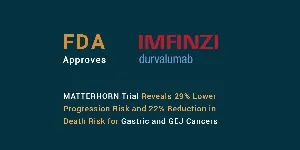
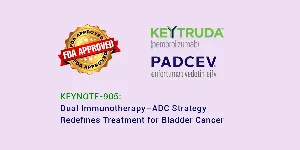
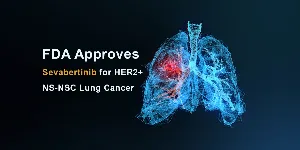
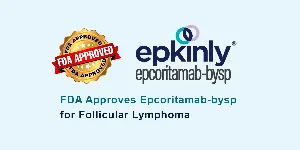
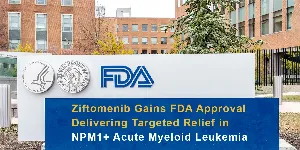
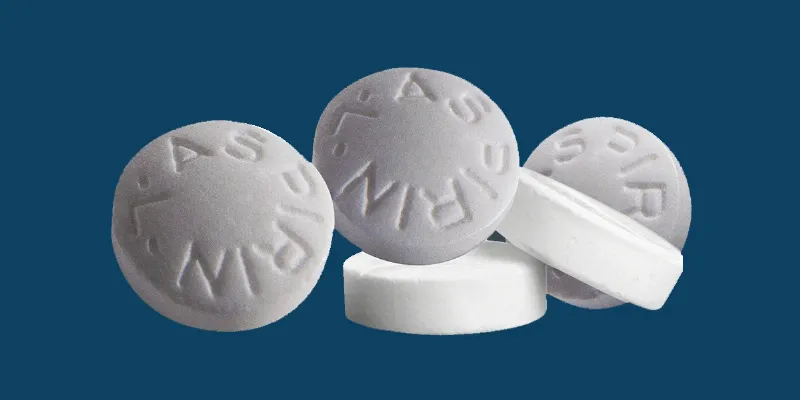

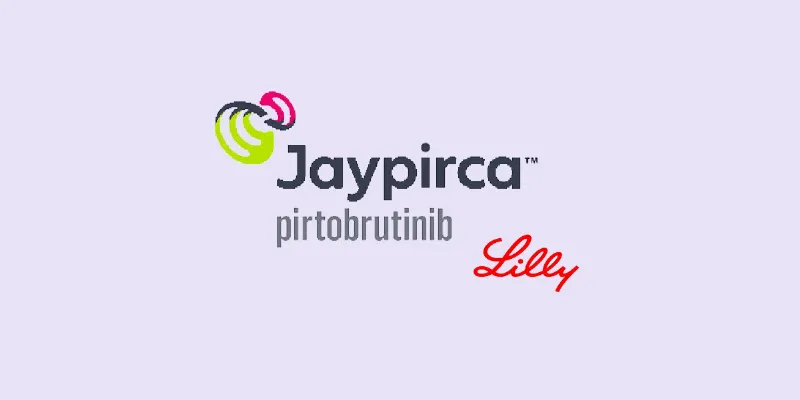
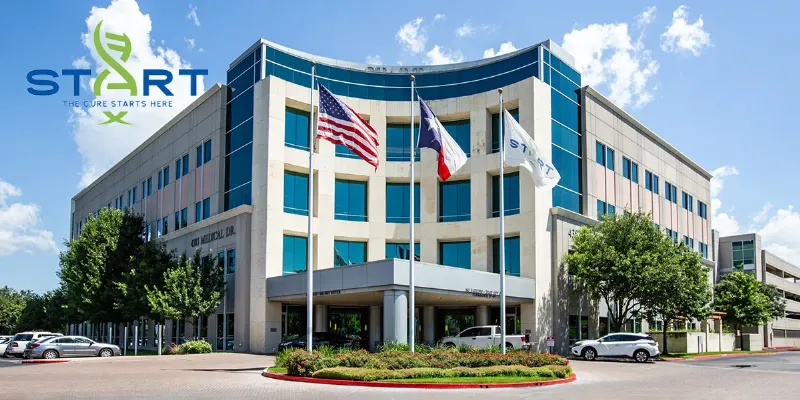
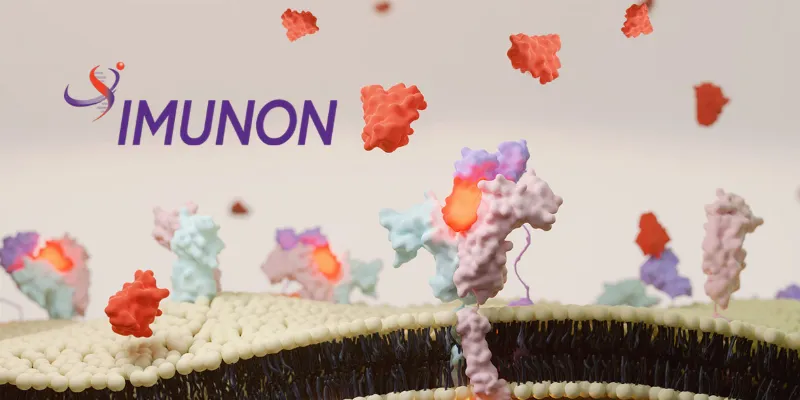

Comments
No Comments Yet!